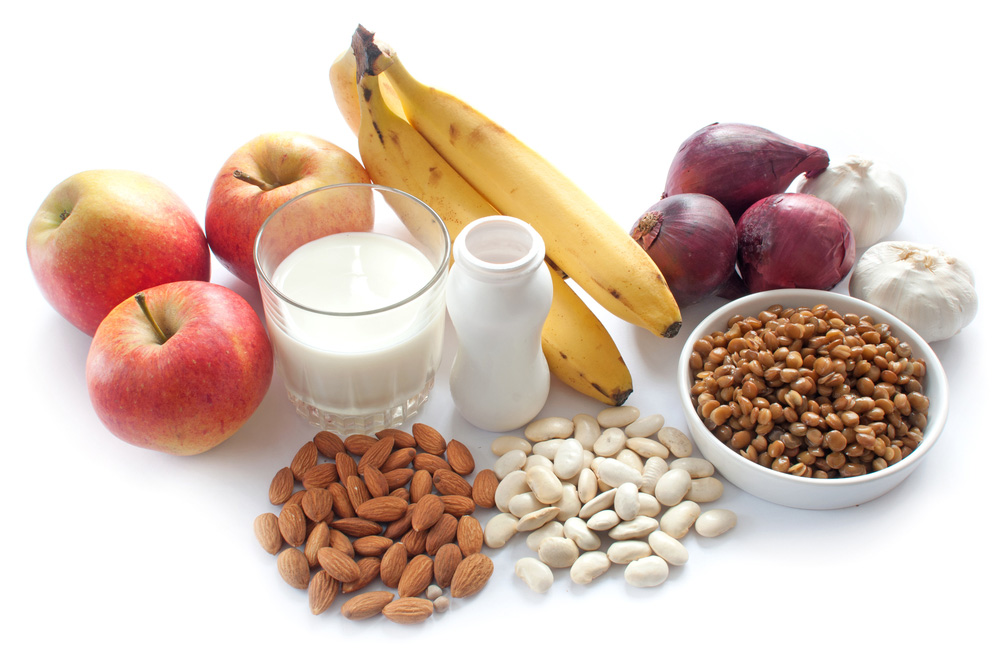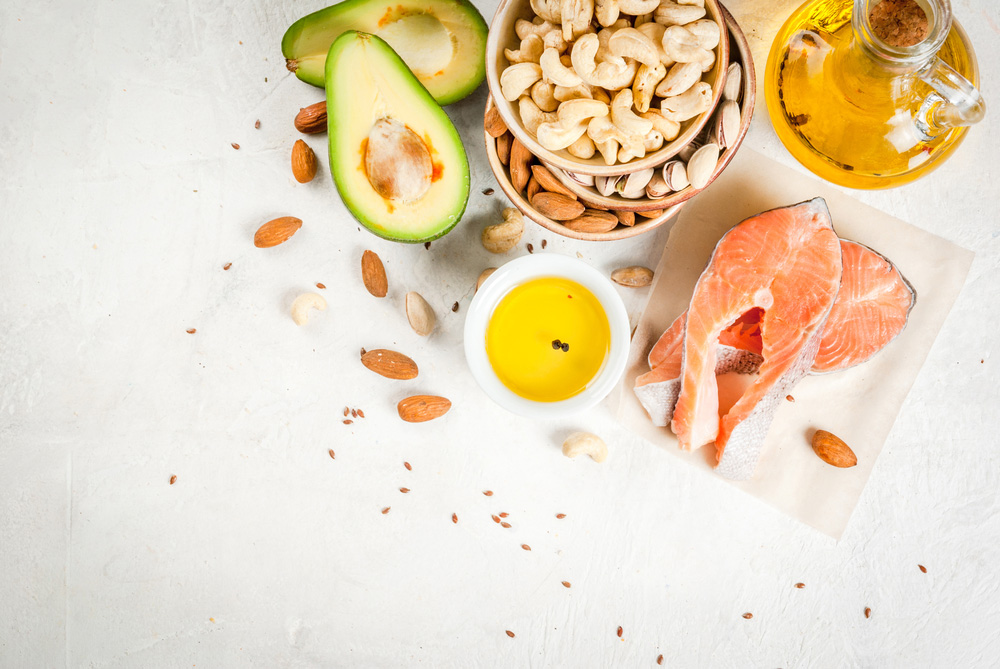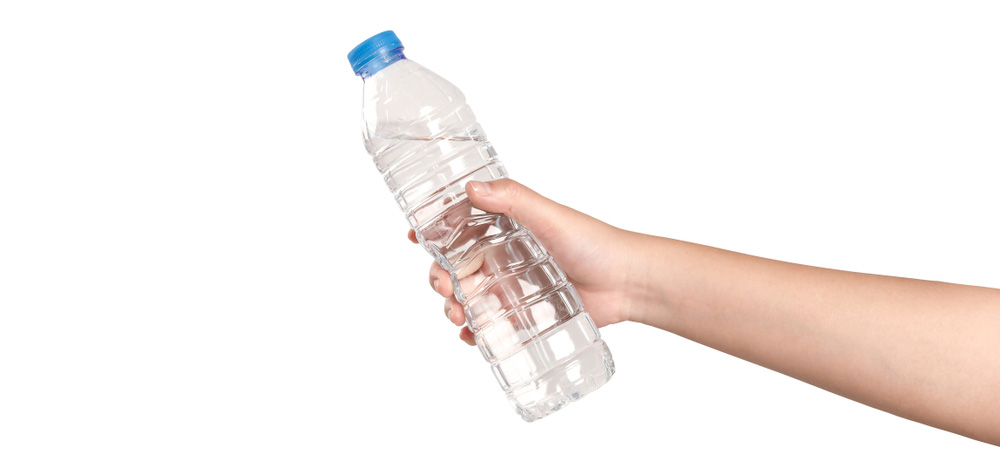
You already know what you eat affects your weight and your health. But how much thought have you given to how much it can shape your brain? As well as adopting the right eating habits, drinking water and exercising regularly have a tremendous effect on how you can boost brain activity. Banin Shahine, Residential Nutritionist at Fitness First, a leading health and fitness chain with clubs throughout the Middle East, gives us invaluable insight about how our daily intake of bacteria, fats, glucose, water and exercise can fuel that powerful muscle and even prevent diseases.
1. Add more prebiotics and probiotics to your shopping basket.

Our brains and gut are in sync as they are connected by our nervous systems, which transfer bacteria from the gut to the brain.
We actually have more bacteria in our bodies than cells, so bacteria have an immense effect on our bodily functions. Depression, autism and Parkinson’s disease have all been linked to gastrointestinal imbalances and problems, and so has the sick feeling you get when you are angry or anxious.
But good bacteria in the gut helps to prevent these negative emotions whilst also affecting all different areas of the brain, helping it to function properly. Good gut bacteria are separated into prebiotics and probiotics. Prebiotics are a sort of fibre that is fermented in our digestive system. This fermentation process feeds and increases the beneficial bacteria in our gut. Foods such as banana, onion, garlic, apple skin, beans and wholewheat products all contain Prebiotics.
Probiotics already contain beneficial bacteria, so they do not need to be fermented. Yogurt, pickles, tempeh and kefi are all probiotic-enriched food. There are also many probiotics medicines available in the market in case you have an intolerance to any of the above.
2. Dish up some omega 3 and omega 6.

A common error we make is to cut fat from our diets in a bid to lose weight. Healthy fats are essential nutrients for our brains, which are made up of about 60 percent fat. The essential fatty acids omega 3 and omega 6 are responsible for our daily functions such as mood, vision, concentration and memory. And the ratio we should be consuming is 1:4 (omega 3:omega 6). To increase your intake, up your consumption of oily fish as they are one of the richest foods in Omega 3 you can eat. As well as fish like salmon, mackerel and sardines, eggs and milk are good sources. If you are vegan, options include chia seeds, flax seeds, and walnuts.
Plus, it’s important to know unborn babies and children are the most affected by a lack of healthy fats as they are key nutrients for brain development. So if you’re pregnant, make sure you keep including healthy fats in your diet.
3. Cut down that sugar intake.
We need glucose to power the main functions of the brain, such as thinking, learning, memory, and neurotransmitter release. While the brain uses 20 percent of our total energy expenditure, it utilises around 25 percent of glucose in the body. What’s more, glucose is the only nutrient the brain uses for energy.
Yet, like many things, too much glucose can have a reverse effect. Consuming a lot of sugar causes our blood sugar levels to spike and inevitably crash, which can lead to irritability, mood swings, brain fog and fatigue. In addition, high sugar foods affect the release of insulin (a hormone that is secreted by the pancreases and controls blood), Insulin also regulates our brain cells’ function.
4. Keep that bottle of water nearby.

Water is essential to keep our brains and nervous systems running. Did you know our brains are made from 80 percent water? And our nervous systems are responsible for the communication between brain and body. Ultimately, the brain is a complicated connection of nerve cells and water.
So dehydration can affect bodily functions in a variation of ways, from fluctuating mood swings to decreasing our reaction time when driving.
Top Tip: Whenever you have a headache, make sure you drink two cups of water before you have a pain killer, most of the time a headache is your brain’s way of telling you that you’re dehydrated.
5. Hit the gym (or the promenade).

We’ve heard it from our grandparents, parents, teachers and doctors, a healthy brain is in a healthy body. What is healthier for your heart is healthier for your brain because the heart helps to pump more oxygen to the brain.
According to study done by the Department of Exercise Science at the University of Georgia, even exercising for 20 minutes facilitates information processing and memory functions. Plus, the effects of running have been associated with more cell growth in the hippocampus, an area of the brain responsible for learning and memory.
If that’s not enough motivation to get you moving, exercise is a natural anti-depressant as it helps to decrease the level of stress hormones in our bodies.
















